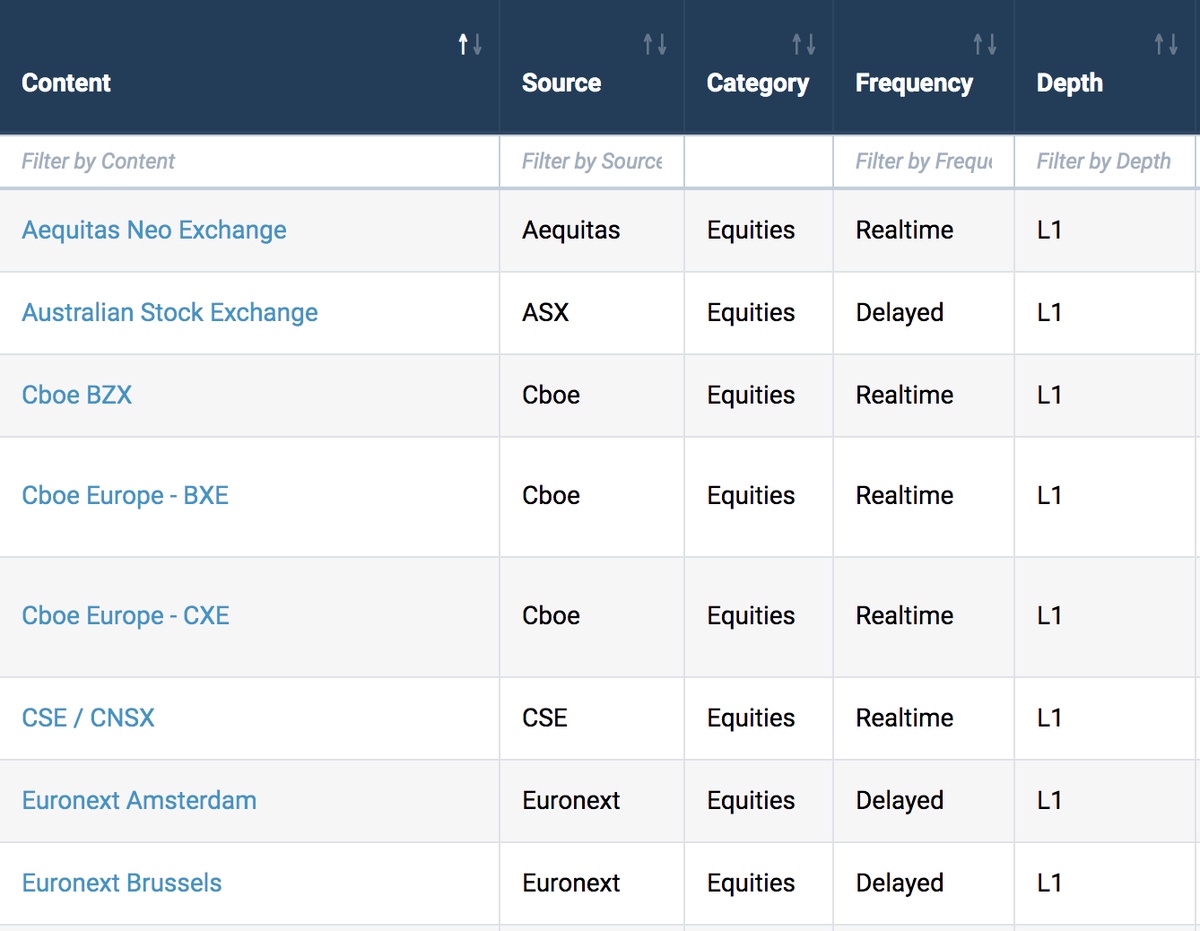Stock market databases play a crucial role in quantitative analysis, providing the foundation for data-driven decision-making in the financial world. These databases are essential for investors, analysts, and researchers seeking to understand market trends, evaluate investment opportunities, and manage risk effectively. In this article, we will explore the importance of stock market databases in quantitative analysis and how they are used in financial research and decision-making.
-
Data Collection and Aggregation: Stock market databases collect and aggregate vast amounts of financial data, including historical price and volume data, company fundamentals, earnings reports, and macroeconomic indicators. This data is essential for conducting quantitative analysis, as it provides the raw material for generating insights and making informed decisions.
-
Statistical Analysis: Stock market databases enable quantitative analysts to perform a wide range of statistical analyses, such as calculating returns, volatility, correlations, and other key metrics. These analyses help investors understand the behavior of individual securities and the market as a whole, identifying patterns and trends that can inform investment strategies.
-
Modeling and Forecasting: Quantitative analysts use stock market databases to build mathematical models that can forecast future stock prices and market movements. These models can range from simple regression models to complex machine learning algorithms, depending on the analyst's goals and expertise.
-
Risk Management: Stock market databases are essential for managing risk in investment portfolios. By analyzing historical data and market trends, analysts can identify potential risks and develop strategies to mitigate them, such as diversification and hedging.
-
Portfolio Optimization: Stock market databases help investors optimize their portfolios by identifying the optimal mix of assets that maximizes returns for a given level of risk. This process, known as portfolio optimization, relies heavily on quantitative analysis and would not be possible without access to comprehensive financial data.
-
Algorithmic Trading: In recent years, the rise of algorithmic trading has increased the demand for stock market databases. Quantitative analysts use these databases to develop and backtest trading algorithms that can execute trades automatically based on predefined criteria, such as price movements or market conditions.
In conclusion, stock market databases play a vital role in quantitative analysis, providing the data and tools necessary for investors and analysts to make informed decisions. By leveraging these databases, analysts can gain valuable insights into market behavior, develop effective investment strategies, and manage risk more efficiently.


No comments yet